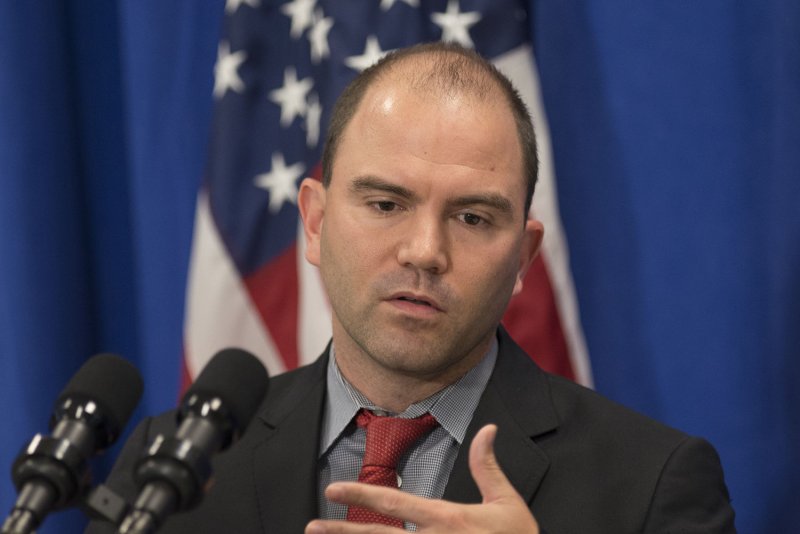WASHINGTON, April 8 (UPI) -- Days ahead of the Summit of the Americas, the White House backed off language in a March executive order that said Venezuela posed an "unusual and extraordinary threat" to national security in the United States.
Speaking ahead of President Barack Obama's planned trip to the Caribbean and Latin America, Benjamin J. Rhodes, deputy national security adviser for strategic communications, told reporters, "The United States does not believe that Venezuela poses some threat to our national security."















